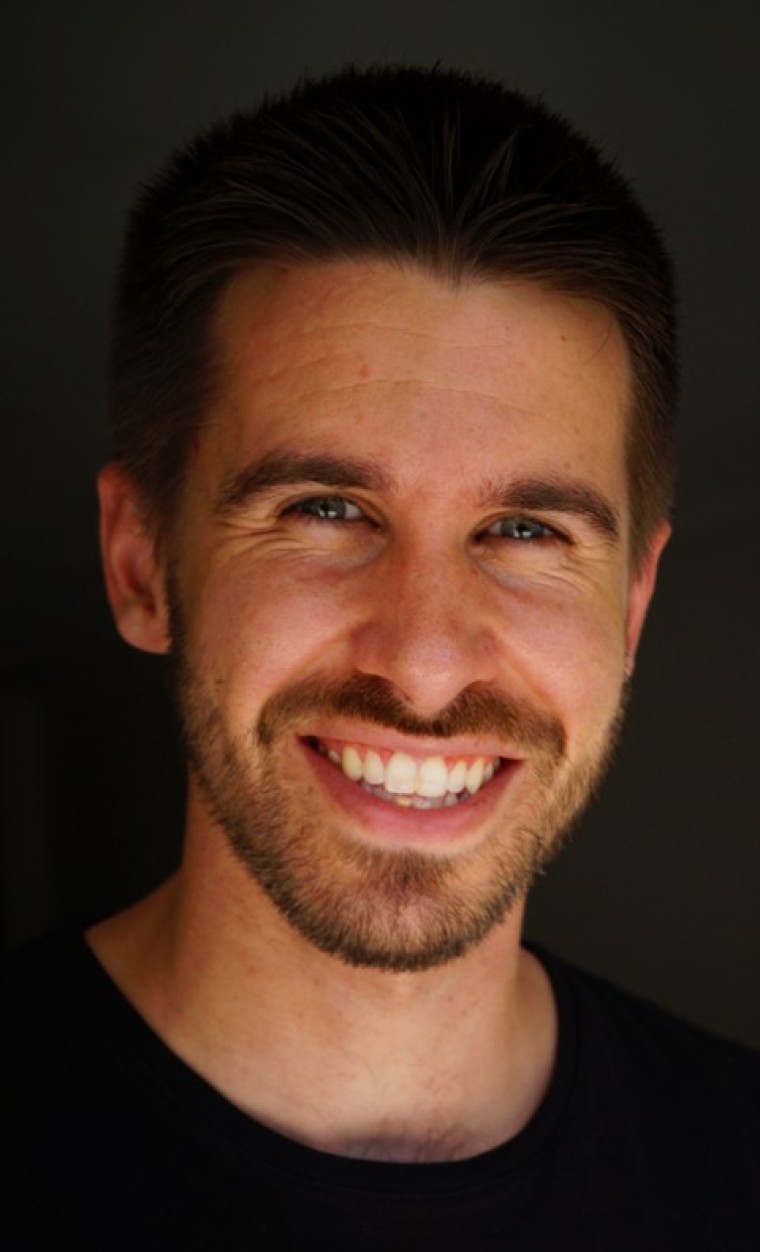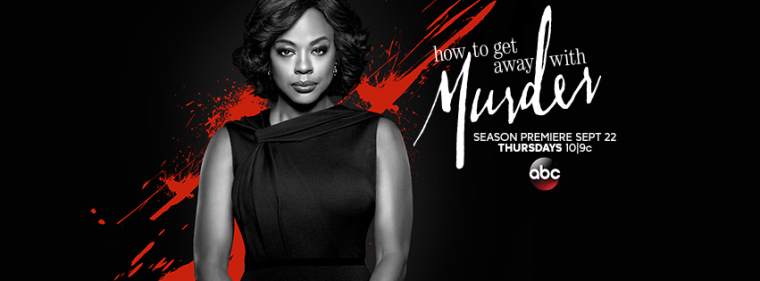

As we head into the New Year you might be thinking about picking up a Bible and having a read for yourself. Great! The Bible is a brilliant book—a life-changing best seller.
Have you ever made a New Year's resolution to read the Bible more, but got stuck when you reached Leviticus? Or maybe you picked it up one day to read and quickly felt discouraged, as though the Bible was mysterious and too daunting to venture into.
Growing up, I heard mixed messages about how to read the Bible. On one hand, I was encouraged to read it for myself—the Bible is God's word and we live in an unprecedented time where we have access to the scriptures in our own language! On the other hand, I felt like truly understanding the Bible was a lofty goal—surely I needed special training.
I need a Bible-reading Guru!
Have some preachers ever made you feel like you couldn't read the Bible without them?
We've all heard preachers read part of the Bible, followed by: 'On face value you'd think this means ABC; but if you really knew all the background you'd know that it actually means XYZ'. One day it is the meaning of the word in Greek or Hebrew, the next it is a new archaeological find.
I struggled to believe I could ever understand the Bible without a guide to mysteries and secrets. I often felt like I needed a Bible-reading Guru to sit down and explain everything step-by-step.
Searching for the 'right' way to read
One teacher I heard emphasised the importance of finding a 'special word' whenever I read the Bible.
When I first heard about this it sounded like THE spiritual way to read the Bible. I was told to look for a verse that stood out and take that as God's special word to me.
Some people may have found special verses using this method, but I found this approach to Bible reading to be confusing. If I didn't experience verses standing out to me I felt like maybe I wasn't doing it 'right'. And what about the not-so-special verses? Were they just fillers in between the good stuff?
You may have experienced the same or similar concerns. It was with these lingering doubts that I attended a conference now known as Equip.
Equipped to read the Bible for myself
The leaders at Equip were definitely guru-worthy, but they didn't make me feel like I was reliant on them, instead they gave me more confidence to read and understand the Bible for myself. I was encouraged to pray, asking for God's Spirit to help me understand what the Bible was saying.
I was shown some incredibly helpful tools: reading and re-reading the text; considering the genre; looking at the logical flow and context, considering who the first readers or hearers were and what it meant for them; asking what the text means for me today; considering implications and application.
This list might sound daunting but a lot of it is what we do whenever we read anything—we consider genre, purpose and audience. If we want to understand details we read something several times.
Asking 'what is God saying to me?' is a really good question; but we need to ask other questions too. We need to answer 'what did it mean?' before we ask 'what it means for me?' For example, Luke chapter 4, verse 7 says: 'If you then will worship me, all will be yours'—sounds like an amazing promise!
But before claiming this verse for myself I should see who said it and who they said it to. Context makes a BIG difference. These words were not an inspirational call to worship God—no, these were the words Satan said to tempt Jesus in the desert! When this verse is read in context the intention is clear.
NOT like any other book
Although it is a collection of literature, the Bible is NOT like any other book. One key difference is that we should ask God to reveal what he means to us through his spirit. His word is life-changing and he does speak to people through it. So ask him to teach you, and pick up a Bible and have a read. Maybe begin with the New Testament if you're starting out for the first time.
The Equip Conference is held in New Zealand during January in both the North and South Island: www.equipconference.org.nz The Australian equivalent is called NextGen: www.nextgen.kcc.org.au
Andrew Sinclair is a Kiwi living in Sydney, Australia with his wife Sophia and their son Guy. He is studying theology at Sydney Missionary and Bible College.
Andrew Sinclair's previous articles may be viewed at http://www.pressserviceinternational.org/andrew-sinclair.html
